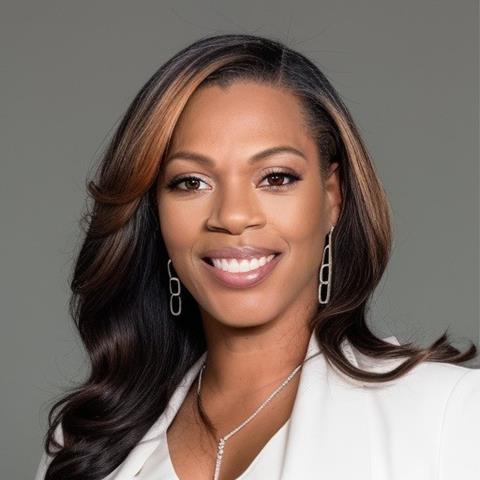For me, being a compliance professional is not about checking boxes or reacting only when issues evolve, it’s about building and sustaining a culture. At its core, compliance is about honesty, courage, and standing firm in the moment, even when it’s uncomfortable or difficult.
For me, being a compliance professional is not about checking boxes or reacting only when issues evolve, it’s about building and sustaining a culture. At its core, compliance is about honesty, courage, and standing firm in the moment, even when it’s uncomfortable or difficult.
Compliance can go one of two ways: it can be seen as a restrictive burden, or it can serve as a positive force that strengthens people and organizations. I believe in the latter. True compliance work helps create well-rounded individuals who are not only ethical in their roles but also ethical in their everyday lives. It’s about reinforcing values that carry beyond the office walls.
A crucial part of this culture is ensuring that non-retaliation is not just a policy on paper but a principle employees can trust. People need to feel safe speaking up, knowing they won’t face backlash for doing the right thing. This trust is the foundation of an ethical environment.
About the Author:
Alishia Farr is a Senior Global Regulatory Compliance Officer with more than a decade of experience in the industry. She is also a member of National Association of Black Compliance & Risk Management Professionals (NABCRMP).

Another essential element is understanding culture in the broader sense. Compliance is not “one size fits all.” It requires recognizing how people’s backgrounds, environments, and experiences shape their decisions. Cultural awareness allows us to train, coach, and develop individuals in ways that resonate with them and help them grow.
Being a woman in compliance adds another dimension to this work. It is powerful, enduring, and requires adaptability. The profession demands constant evolution, whether through new regulations, changing business priorities, or shifting cultural expectations. Navigating this space as a female leader reinforces the importance of resilience, representation, and the ability to balance strength with empathy. It’s a reminder that compliance is not only about interpreting laws but also about understanding how those laws affect people, at work and beyond.
Compliance isn’t a once-a-year campaign. It’s not a single week of reminders or recognition. It’s every day, intertwined into how we live, how we respond to unethical behavior, and how we lead by example in an increasingly complex world. That’s what the profession means to me: building people, building trust, and building cultures where ethics are not optional, but essential.













No comments yet